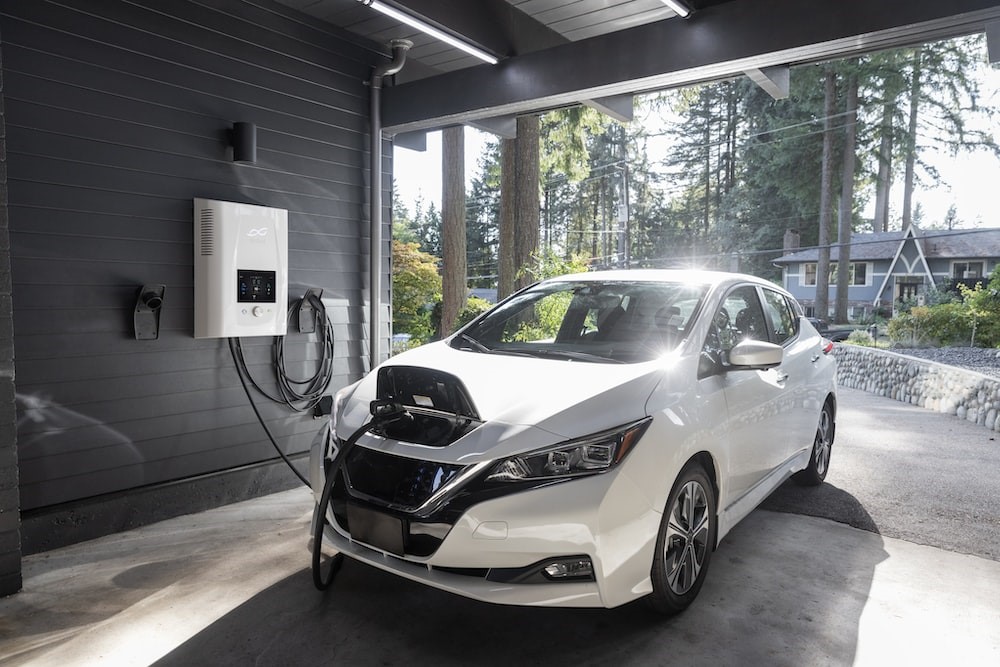Authored by: James Ritter Photo source: https://unsplash.com/photos/uBKg9f0aUrY
Electric vehicles (EVs) are revolutionizing the automotive industry, and are generally seen to be the long-term solution to decarbonising transportation. But the environmental benefits are only a small part of the wider story. There is so much to consider before determining whether or not EVs are right for you, and these considerations may change depending on your personal circumstances. For instance, what might work for a young professional may not be suitable for an elderly or disabled driver.
In this post, we’ll explore whether or not EVs in their current guise are suitable for elderly drivers, or whether more needs to be done to accommodate this particular demographic.
Pros
- Smoother driving experience. With fewer internal moving parts, EVs generally offer a far quieter and smoother ride. This can be of benefit to elderly people who are particularly affected by noise, or anyone who suffers with arthritis or other mobility issues.
What’s more, the less complex makeup of an electric vehicle means that it typically requires less regular maintenance than petrol/diesel vehicles. This means that there are fewer fluids to top up, filters to replace, and tune-ups to schedule, helping to save drivers both time and money in the long run.
- Easy to operate. Of course, seniors may also appreciate the fact that electric cars are very easy to operate. Many models come with features like keyless entry and push-button start, so seniors don’t have to fiddle with keys or crank handles. They also tend to have large, clear displays that show all the information a driver needs, making them easy to read.
Cons
- Requires a strong understanding of technology. For mature drivers who haven’t grown up with this technology, it can be more difficult to adjust to what would be a completely new driving experience.
What’s more, a lack of technological understanding can exacerbate a key concern for many EV drivers – range anxiety. Phone apps are often used in conjunction with these vehicles to locate public charging stations, which are far more scarce than petrol stations. Not having access to these apps can leave drivers worried about running out of battery, particularly when driving on unfamiliar roads.
- Are the benefits worth the cost? Making the eco-friendly decision to switch to EVs typically doesn’t come cheap. And though there are grants and incentives in place to make the tech more affordable, the upfront cost of an EV is generally greater than a traditional car.
For many drivers with a strong eco-conscience, the higher costs are offset by the satisfaction they get from making a difference to the planet. But research suggests that there is generally less concern around global warming in older people compared to young adults. Only 56% of adults aged 55 and over said they worry about global warming in one survey, so they may not feel as many benefits from investing in this tech as younger drivers.
Are EVs right for you?
Deciding to switch to an electric vehicle is a big decision, and one that shouldn’t be taken lightly. Whilst there is growing pressure from governments around the world for drivers to make the transition, using an EV will be a big adjustment for many people – particularly those who aren’t familiar with similar technologies. This means they may not be ready for the change.
After weighing up the pros and cons, you’ll likely have a good idea of whether or not it’s the right time for you to make the switch. If you’re on the fence, it’s always a good idea to take your preferred model for a test drive, since this may help to give you a better idea of the overall experience of driving an EV.
Author bio: James Ritter:
I am a digital consultant with a particular interest in sustainability, and have advocated for content focusing on both local and global environmental issues. I majored in creative writing at university, and am always eager to expand my knowledge around different subjects.











